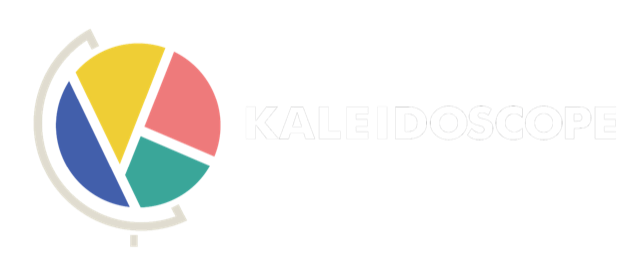When you possess quantitative agency, instead of math being done to you, you become someone who can harness math for your own purposes and in line with your own values. At Kaleidoscope, this is the number one thing we want our math classes to instill in students.
What is structured agency?
Skills like storytelling may feel magical once you’ve mastered them, but the path to mastery is anything but magical: students build skills through structured practice. At Kaleidoscope, our approach–selecting powerful ideas and skills, then teaching them in a way that students can translate into useful knowledge and action—is intended to cultivate what we call structured agency.
What High School Science Could Be: Getting Ambitious About Relevance
What High School Math Could Be: Retargeting Ambition 🏹
Of the four core subjects, high school math has the highest ambitions—but also the most misplaced. The result of our default sequence is that students graduate high school unable to apply math to help them make better decisions across a range of contexts, both personal and professional. In this piece we contemplate what math could be—and why it matters for us all.
What High School History Could Be: Delivering on Ambition
High school history has a yawning gap between its ambition and its execution.
Ask people what the point of history education is, and they will give you big idea answers like understanding the American story, motivating civic participation, and safeguarding our democracy.
But then show up to a typical high school history class, and it's just textbooks, lectures, and temporary memorization. There’s a fundamental mismatch between aims and means.
In this piece we explore what history education is today, what it could be, and how it can change.
Powerful Concepts: The Missing Middle Layer in High School Classes
We discuss the missing middle layer in many high school classes: powerful concepts. When it comes to learning, concepts do the hard work of “middle management”; they give structure to facts that might otherwise seem discrete and unrelated and bring abstract enduring understandings into concrete focus. Learn how we build them into our classes to enable deeper, lasting learning.
Thinking Critically about Critical Thinking
In education, critical thinking is a popular idea but an elusive reality. We discuss the steps we take to achieve critical thinking in our classrooms, including selecting powerful concepts and sources, making connections between the classroom and the world, using discussion to deepen thinking, and finally, moving from isolated concepts to the bigger picture.








